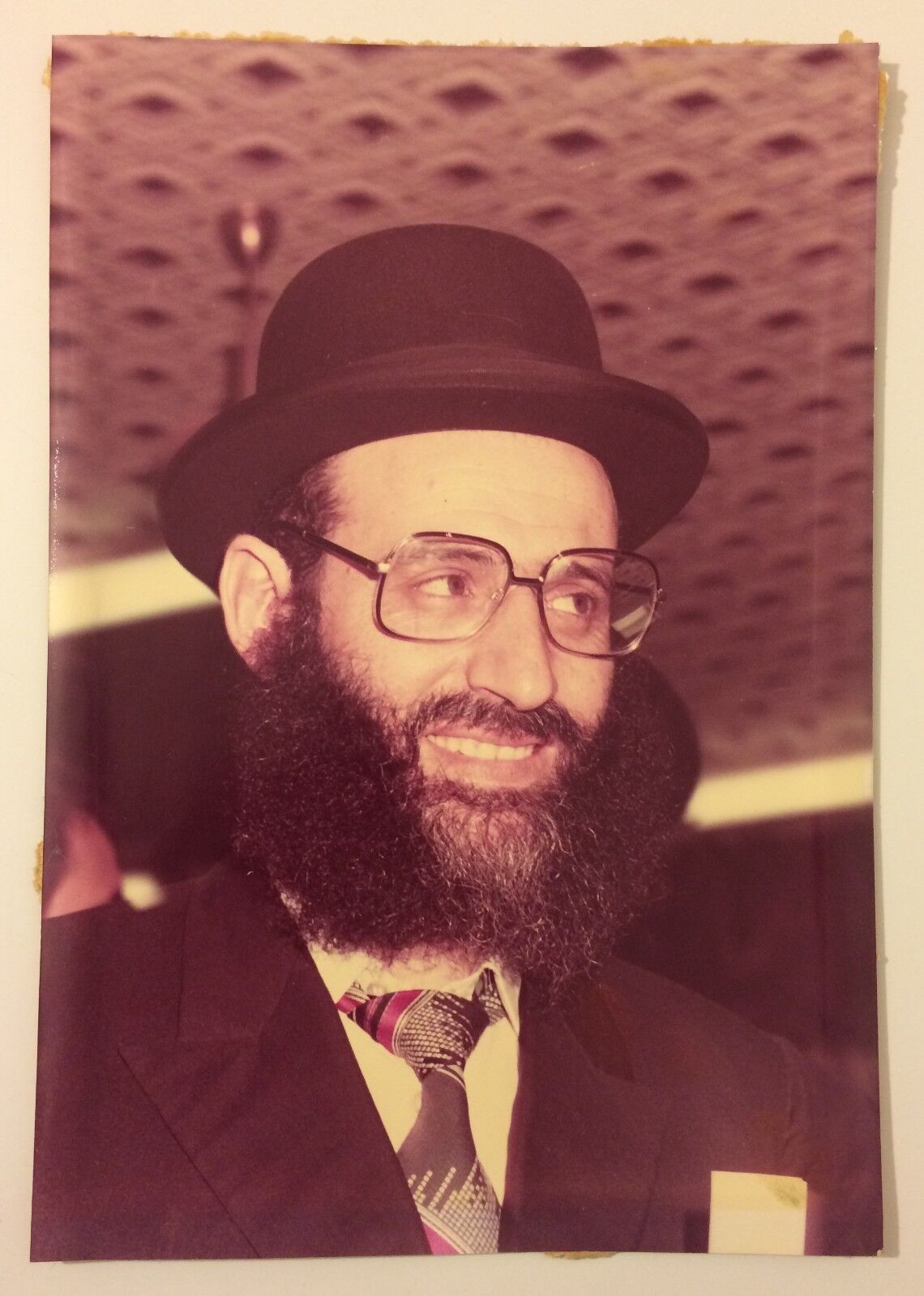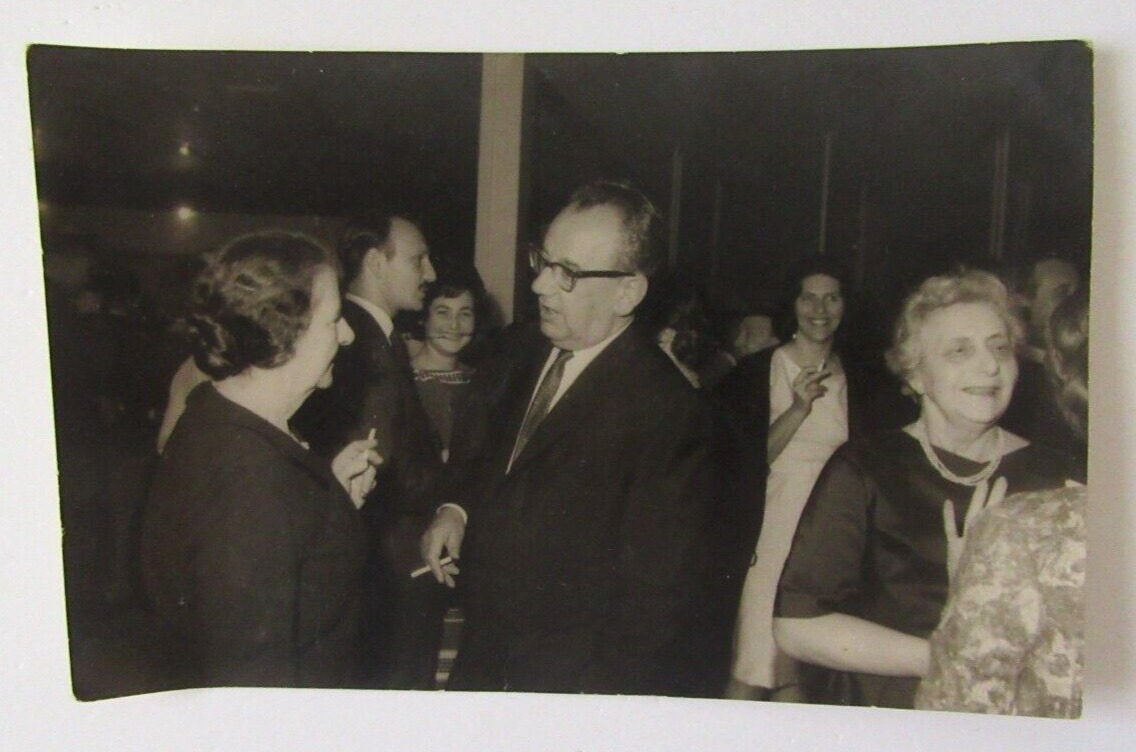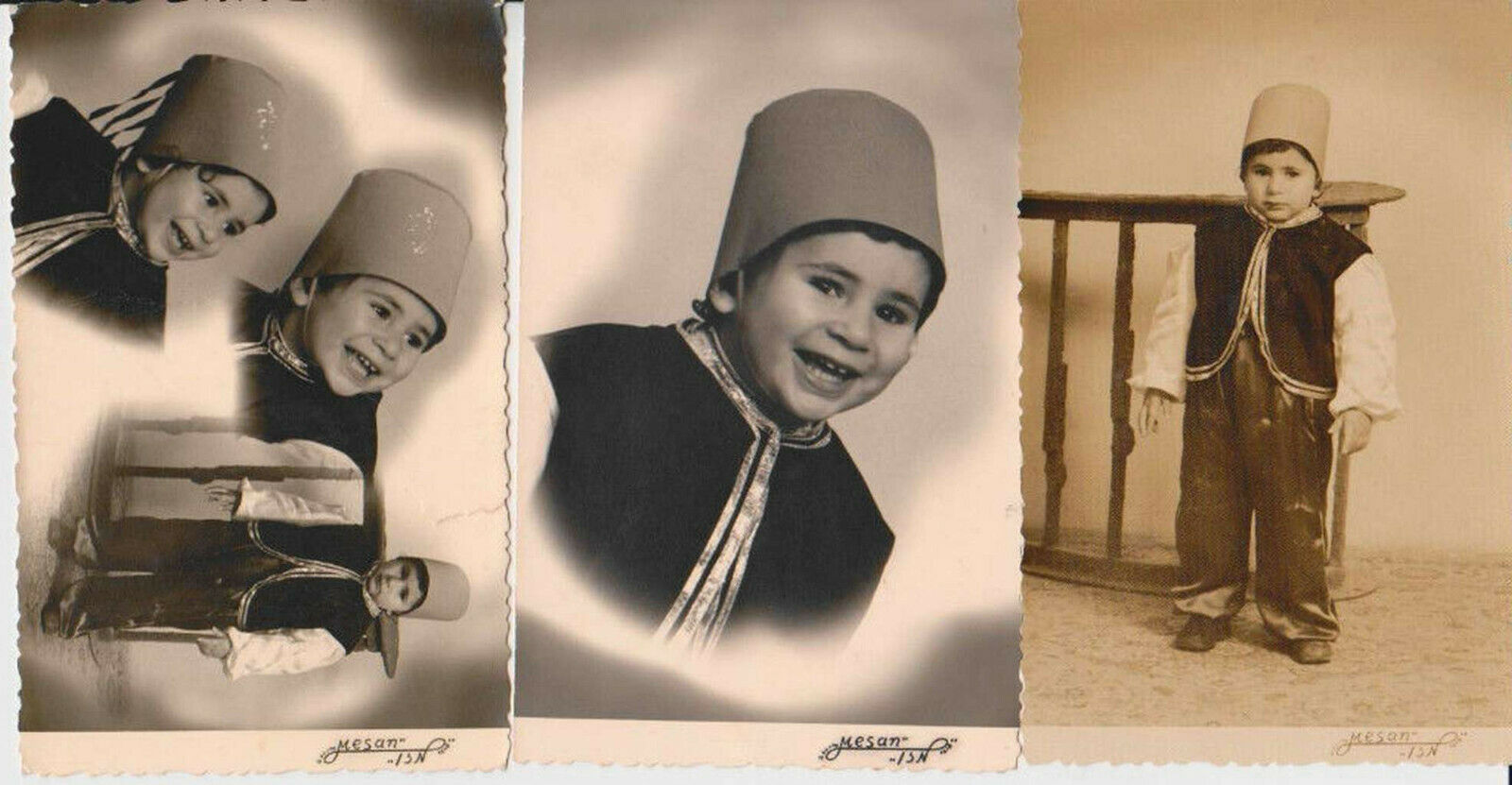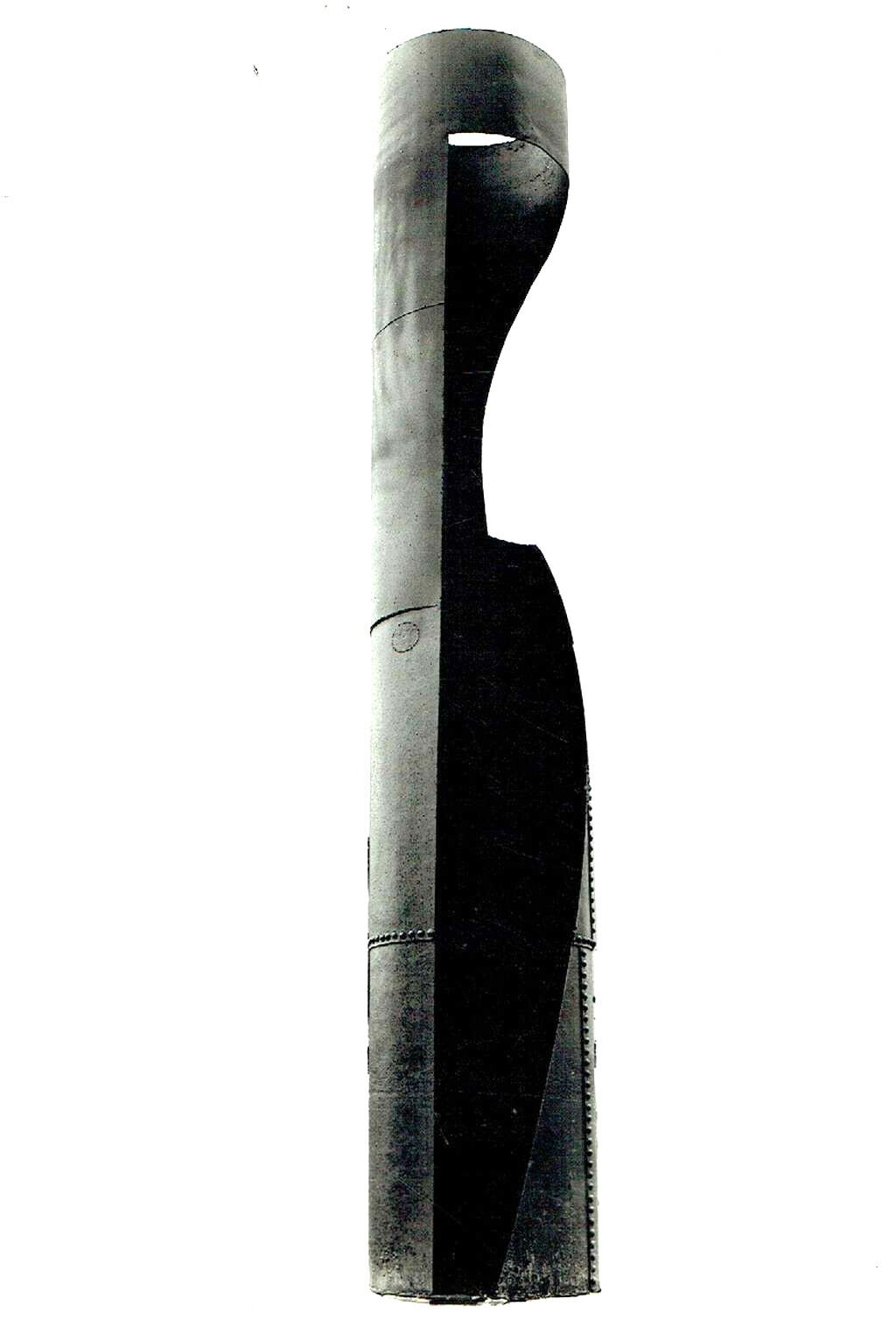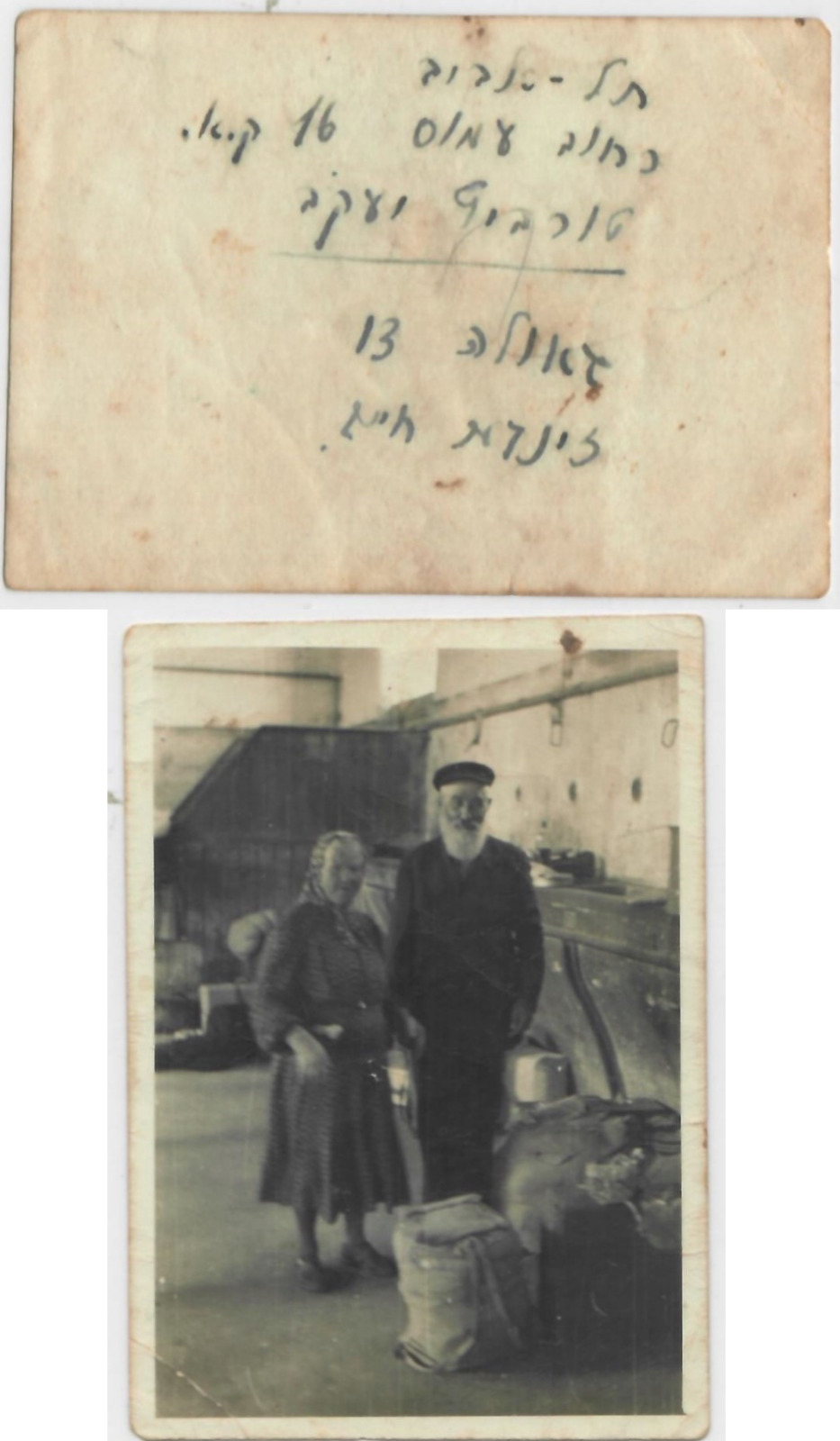-40%
1985 Israel FRENCH MOVIE POSTER Film THREE MEN AND A CRADLE Hebrew COMEDY Jewish
$ 44.64
- Description
- Size Guide
Description
DESCRIPTION:
Here for sale is an ORIGINAL illustrated colorful ISRAELI Theatre POSTER . The theatre poster which depicts an IMAGE from the very popular awards winner and nominee French comedy " THREE MEN AND A CRADLE" ( "TROIS HOMMES ET UN COUFFIN" ).
The poster was issued in 1985 for the film
PREMIERE RELEASE
by the Israeli distributers of the film . Kindly note : This is an ISRAELI MADE poster - Designed , Printed and distributed only in Israel. The Israeli distributors have named it in Hebrew " THREE BACHELORS AND A BABY".
Size around 27" x 19".
The poster is in very good condition . Folded. ( Please watch the scan for a reliable AS IS scan ) . Poster will be sent rolled in a special protective rigid sealed tube.
AUTHENTICITY
: This poster is an ORIGINAL 1985 theatre poster , NOT a reproduction or a reprint , It holds life long GUARANTEE for its AUTHENTICITY and ORIGINALITY.
PAYMENTS
: Payment method accepted : Paypal
& All credit cards
.
SHIPPMENT
: Shipp worldwide via registered airmail is $ 25. Poster will be sent rolled in a special protective rigid sealed tube.
Handling around 5 days after payment.
Trois hommes et un couffin Trois hommes et un couffin Données clés Réalisation Coline Serreau Scénario Coline Serreau Acteurs principaux Roland Giraud Michel Boujenah André Dussollier Sociétés de production Flach Film, Soprofilms et TF1 Films Productions Pays d’origine France Genre Comédie Durée 106 minutes Sortie 1985 Pour plus de détails, voir Fiche technique et Distribution Trois hommes et un couffin est un film français, réalisé par Coline Serreau, sorti sur les écrans en 1985. Ce film devint le plus grand succès de l'année au cinéma, avec plus de 10 millions d'entrées1. Ce film a fait l'objet d'une suite en 2003 : 18 ans après2. Sommaire [masquer] · 1Synopsis · 2Fiche technique · 3Distribution o 3.1Box-office · 4Accueil critique · 5Distinctions o 5.1Récompenses o 5.2Nominations · 6Autour du film · 7Notes et références · 8Annexes o 8.1Articles connexes o 8.2Liens externes Synopsis[modifier | modifier le code] Jacques, Pierre et Michel, célibataires, vivent ensemble dans un très grand appartement au centre de Paris. Un soir, lors d'une soirée organisée dans leur appartement, Jacques, le steward, accepte de servir de transitaire à un paquet qu'un ami va lui livrer le lendemain. Ayant à peine eu le temps de prévenir ses amis, il part en Extrême-Orient pour plusieurs semaines. Quand arrive le « paquet », il se trouve que c'est un bébé, apparemment la fille de Jacques, que sa mère, Sylvia, lui envoie sous prétexte que son travail l'empêche de s'occuper d'elle. Les deux amis se trouvent débordés et lamentablement inexpérimentés par le travail que leur donne la petite fille avec son lot de biberons, de couches et le souci de la faire dormir, tout cela s'ajoutant au travail qu'ils ont déjà. Un matin, deux individus viennent réclamer le « paquet ». Soulagés, ils leur remettent le couffin, mais se rendent immédiatement compte que le « paquet » que les deux hommes attendaient, était celui que la gardienne avait déposé quelques jours auparavant. Après avoir découvert, par hasard, que ce paquet contenait de la drogue, Pierre et Michel comprennent rapidement le quiproquo et récupèrent, in extremis, la petite Marie. Néanmoins, ils n'échapperont pas à la surveillance permanente de la police et des trafiquants qui souhaitent récupérer leur marchandise. Ils ont pris de gros risques, mais tout finit par rentrer dans l'ordre : c'est que Jacques finit par rentrer de voyage. Ainsi commence à s'organiser la vie des trois hommes avec le bébé. Fiche technique[modifier | modifier le code] Source principale de la fiche technique3 : · Titre : Trois hommes et un couffin · Réalisation et scénario : Coline Serreau · Photographie : Jean-Yves Escoffier et Jean-Jacques Bouhon · Montage : Catherine Renault · Bruitage : Jonathan Liebling · Décors : Ivan Maussion · Costumes : Poussine Mercanton, Edith Vesperini · Affiche : Philippe Lemoine · Production : Jean-François Lepetit · Sociétés de production : Flach Film, Soprofilms et TF1 Films Productions · Distribution : Acteurs Auteurs Associés · Genre : comédie · Durée : 106 minutes · Langue : français · Format : Couleur - Son : monophonique - 1,78:1 - 35 mm · Dates de sortie : · France : 18 septembre 1985 au cinéma4. ; 2 octobre 2006 en DVD4. Distribution[modifier | modifier le code] · Roland Giraud : Pierre · Michel Boujenah : Michel · André Dussollier : Jacques · Philippine Leroy-Beaulieu : Sylvia · Dominique Lavanant : Mme Rapons · Marthe Villalonga : Antoinette · Annick Alane : la pharmacienne · Josine Comellas : Mme Rodriguez, la concierge · Gwendoline Mourlet : Marie (n° 1) · Jennifer Moret : Marie (n° 2) · François Domange : Paul · Gabriel Jabbour: le supérieur · Julien Maurel : le type · Giuseppe Amorin · Jean Barney : Gérard · Marianne Basler : Nathalie · Christian Bouillette : le premier policier · Michel Carliez · Gilles Cohen : le second loubard · Basile de Bodt : le jeune homme · Pierre Descamps : le vieux chanteur · Denis Dodlande : le publicitaire · Aude Doumerg · Jean-Pierre Franchetti : le pilote · Maureen Guiader · Frédérique Jamet · Louis Julien : Lucien · Jeanne Lallemand : Sophie · Pierrot Larose · Marion Loran : Guilaine · Cécile Magnet : la brune · Xavier Maly : le suiveur de Michel · Daniel Milgram : le second policier · Valentine Monnier : Charlotte · Éric Munch · Philippe Orgebin · Jacques Poitrenaud : le premier policier · Jean-Philippe Puymartin : le photographe · Bernard Sancy : le policier en uniforme · Mathé Souverbie : Marie-Rose · Cécile Vassort : Annick · Michel Vernac : le gardien du square · Herma Vos : Clotilde · Christian Zanetti : le premier loubard Box-office[modifier | modifier le code] Pays ou région Box-office Box-office arrêté le… Nombre de semaines Union soviétique5 33 500 000 entrées ? ? France6 10 251 813 entrées^ ? 81 Allemagne7 2 488 758 entrées ? ? Espagne8 839 960 entrées ? ? États-Unis9 553 200 entrées ? ? Danemark10 3 743 entrées ? ? ^ dont 2 195 317 entrées à Paris. Accueil critique[modifier | modifier le code] Ce film a eu un très grand succès en France (il était un des triomphateurs aux Césars du cinéma de 1985), obtenant trois prix dont celui du meilleur film. Toutefois, ce succès en France n'eut lieu qu'après le succès des Césars, ce film ayant eu un succès mitigé lors de sa sortie en salles. Fait remarquable, ce film a également connu un triomphe dans le reste de l'Europe et même aux États-Unis, où Leonard Nimoy a réalisé un remake en adaptant le film au goût nord-américain, Trois hommes et un bébé, dont le succès a fait naître une suite, Tels pères, telle fille (Three Men and a Little Lady), réalisée par Emile Ardolino. Distinctions[modifier | modifier le code] Récompenses[modifier | modifier le code] · César du meilleur film11 · César du meilleur scénario original ou adaptation écrit par Coline Serreau11 · César du meilleur acteur dans un second rôle pour Michel Boujenah11 · Prix de l'Académie nationale du cinéma12 Nominations[modifier | modifier le code] · Nomination au César du meilleur réalisateur pour Coline Serreau11 · Nomination au César de la meilleure actrice dans un second rôle pour Dominique Lavanant11 · Nomination au César du meilleur espoir féminin pour Philippine Leroy-Beaulieu11 · Nomination à l'Oscar du meilleur film étranger pour Trois Hommes et un couffin Autour du film[modifier | modifier le code] · Jacques Villeret était pressenti pour incarner l'un des trois rôles principaux. · Ce film possède un remake américain (Trois hommes et un bébé), et un remake indien (Heyy Babyy) Three Men and a Cradle (French: Trois hommes et un couffin) is a 1985 French comedy film by Coline Serreau. The film was remade in Hollywood as Three Men and a Baby in 1987 which was subsequently remade into 3 Indian movies in three distinct languages. Contents [hide] · 1Plot · 2Cast · 3Trivia · 4Awards and nominations · 5Remakes · 6See also · 7References · 8External links Plot[edit] Three young men (Jacques, Pierre and Michel) share an apartment in Paris, and have many girlfriends and parties (During the movie, we even learn that they have signed a contract never to allow a girl to spend more than one night at their place). Once, during a party, a friend of Jacques' tells him he has a quite compromising package (which turned out to be heroin) to deliver, and asks him if he can leave it discreetly at their place. Jacques agrees and, as he works as a steward, flies away for a one-month trip in Japan, telling Pierre and Michel about the package. Then, one of Jacques' former girlfriends drops a baby before their door, making Pierre and Michel believing it is the package they are waiting for. Their lives are then completely changed. This movie follows the bachelors as they deal with angry gangsters, suspicious cops, and the overwhelming responsibility of fatherhood. Cast[edit] · Roland Giraud as Pierre · Michel Boujenah as Michel · André Dussollier as Jacques · Philippine Leroy-Beaulieu as Sylvia · Dominique Lavanant as Madame Rapons · Marthe Villalonga as Antoinette · Annick Alane as The Pharmacist Trivia[edit] A second film by Coline Serreau, with the same characters, the same actors and called 18 ans après (fr) (18 Years After) was released in 2003. Awards and nominations[edit] · Academy Awards (USA) · Nominated: Best Foreign Language Film[1] · César Awards (France) · Won: Best Actor – Supporting Role (Michel Boujenah) · Won: Best Film · Won: Best Writing (Coline Serreau) · Nominated: Best Actress – Supporting Role (Dominique Lavanant) · Nominated: Best Director (Coline Serreau) · Nominated: Most Promising Actress (Philippine Leroy-Beaulieu) · Golden Globe Awards (USA) · Nominated: Best Foreign Language Film · National Academy of Cinema (France) · Won: Academy Award (Coline Serreau) Remakes[edit] Trois hommes et un couffin was remade in English as Three Men and a Baby in 1987 which was subsequently adapted asThoovalsparsham (1990) in Malayalamwhich was then remade intoAsathal (2001) in Tamil and Heyy Babyy (2007) in Hindi. See also[edit] · Three Men and a Baby, 1987 American remake · Thoovalsparsham, 1990 Indian remake in Malayalam Language · Asathal, 2001 Indian remake in Tamil Language · Heyy Babyy, 2007 Indian remake in Hindi Language. · List of submissions to the 58th Academy Awards for Best Foreign Language Film · List of French submissions for the Academy Award for Best Foreign Language Film References[edit] 1. Jump up^ "The 58th Academy Awards (1986) Nominees and Winners". oscars.org. Retrieved 2013-11-10. External links[edit] Trois hommes et un couffin Trois hommes et un couffin at the Internet Movie Database Three Men and a Cradle at AllMovie 18 ans après 18 ans après at the Internet Movie Database 18 ans après at AllMovie 3 MEN AND A CRADLE 3 MEN AND A CRADLE (1986) Cast · Roland Giraud as Pierre · Michel Boujenah as Michel · Andre Dussollier as Jacques · Philippine Leroy Beaulieu as Sylvia · Dominique Lavanant as Madame Rapons Written and Directed by · Coline Serreau Produced by · Jean-Francois Lepetit Photographed by · Jean-Yves Escoffier Edited by · Catherine Renault Comedy, Foreign Rated PG-13 100 minutes | Roger Ebert May 2, 1986 | Print Page I knew the French film industry had fallen on bad times, but I didn't realize how bad until I saw "3 Men and a Cradle," which won the 1985 French Academy Award, and which is so insufferable that I wanted to cry out in protest against the stupidity on the screen. No one with the slightest knowledge of human nature will be able to find a single moment of this film to believe. It is all formula, every last miserable frame of it. WATCH NOW The movie tells the story of three bachelors who live in a luxurious Paris flat, where life is an endless round of parties and wenching. One of the three, a flight attendant, flies off to the Far East, telling his flatmates that a package will be dropped off for him. The next day, a basket with an infant girl is delivered to their door. A note says this is the love child of the absent attendant. After several minutes of idiotic honks and squeaks of protest, the two bachelors decide to try to care for the child, which involves getting lots of poo (their word) all over themselves as they change her diapers. Then there are trips to the pharmacist to learn about baby formulas. The baby cries at night, the bachelors' sex lives are disrupted, and so forth. There is a complication, a particularly offensive one: It turns out that the baby was not the package that the flight attendant thought would be dropped off. No, he was thinking of a shipment of heroin. A gang turns up to collect the heroin, which has been misplaced, and then the police get involved, and the heroin is hidden in the baby's diapers - which is the first place any competent narc would search. Although heroin is a mean and evil drug, it exists in this movie only because the plot needs it. That helps demonstrate how witless the plot is; almost any other criminal contraband would have been less disturbing. Meanwhile, we learn that the baby's mother has gone off to the States for six months. She left her child with a note on the doorstep, not even bothering to ring the bell, nor does she telephone during the next six months to see how the kid is. That demonstrates how witless she is. There are scenes in this movie that cry out against common sense. For example, when the airline steward returns home, his roommates are holding a baby, and talking sarcastically about his "package," but we have to wait through line after line of uncomprehending, willfully idiotic dialogue before the steward finally figures out that the baby and the package are one and the same. We know, of course, what will happen by the end of this movie. The men will fall in love with the baby. The mother will return. She will take the baby back. The men will miss her. There will be an emotional reconciliation, at which it is demonstrated that bird-brained bachelor heroin dealers have hearts of gold. I guess the three men, the mother and the baby are supposed to live happily ever after. I hated every second of this movie because it was so blind to psychology and reality, and so willing to settle for every relentless cliche and dim-witted, knee-jerk emotional response in the book. The movie is single-minded in its determination to shut out every plausible question, every shred of logic, every emotion except for the lachrymose sentimentality of its brain-damaged heroes. The only sparks of life in the film are supplied by the two little girls who portray the baby. Now comes the really bad news. Incredibly, the rights to make an American version of this movie have been purchased by Walt DisneyStudios. That raises two questions: (1) Why is the movie thought to be worth remaking? and (2) Why spend money for the rights, when it is clear as day that "3 Men and a Cradle" has been stolen - lock, stock and barrel - from John Ford's Western classic "Three Godfathers," a 1948 masterpiece in which outlaws John Wayne, Harry Carey Jr. and Pedro Armendariz find an abandoned baby in the desert and try to get it to safety? The sight of Wayne applying wagon grease to the little tyke's behind is all by itself worth more than every foot of this miserable French retread. If you're going to remake a movie, at least remake the original, not the ripoff. MOVIE REVIEW FILM: '3 MEN AND CRADLE' By VINCENT CANBY Published: April 25, 1986 WHEN you're told that ''Three Men and a Cradle'' is about a trio of young, swinging Parisian bachelors who suddenly find themselves minding a tiny baby, you might well groan. In your hubris, you probably suspect that you can anticipate every gag that could possibly be milked from that basic situation. ''Let's see,'' you will say to yourself, pondering the infinite possibilities for at least four seconds, ''there'll probably be some confusion and panic about changing diapers.'' You know that (in movies, anyway) men simply aren't allowed to possess the common sense necessary to figure out how the diaper fits onto the baby's bottom. You may ask next, ''Will they know how to feed the baby and, if they do, will they know exactly what to feed it?'' You pause, then wonder if it's possible that these swinging bachelors will be astonished that diapers have to be changed so often. Will they be mystified by the baby's seemingly arbitrary tantrums and, very quickly, will they become exhausted by having to get up throughout the night to soothe the strange little creature with the winsome, toothless smile? Finally, since you know ''Three Men and a Cradle'' is supposed to be a comedy with heart, you will certainly suspect that the lives of these swinging bachelors will be transformed by the presence of the baby, who not only gives them insights into themselves, but also into male-female role-playing. These are all reasonable suspicions, but then you dismiss them. After all ''Three Men and a Cradle'' is neither a Bob Hope movie out of the 1940's nor an early sitcom of the 1950's. It comes to us from France, the civilization that gave us Moliere, Scribe, Corneille, Racine and Feydeau, not to mention the bikini, the croissant and le drugstore. Its credentials are impeccable. It was nominated for the Oscar as best foreign-language film of 1985. Further, it's already become one of France's all-time biggest box-office hits (outgrossing ''E. T.'' and ''Rambo''), and has won Cesars (the French equivalent to the Oscar) for best film, best screenplay and best supporting actor. You will tell yourself that ''Three Men and a Cradle'' must have something else going for it, if only charm. However, if you do, you'll be as wrong as The Chicago Tribune's headline announcing Thomas E. Dewey's 1948 Presidential victory. ''Three Men and a Cradle,'' which opens today at the 68th Street Playhouse, is almost totally charmless. It's funny in the way of someone who, in attempting to explain a joke, thoroughly destroys the humor, which, I assume, is mostly the fault of Coline Serreau, who wrote and directed it. In France Miss Serreau is regarded as ''serious.'' She's a successful stage actress, as well as a film writer-director, and recently directed Sophocles's ''Oedipus Rex'' for Italian television. I wasn't aware of these facts when I saw ''Three Men and a Cradle.'' However, it may be significant that, while laughlessly watching it, I was most struck by the somber look of the film. It seems to have been shot entirely in natural lighting and autumnal colors, except for the flouncy pink cradle containing Baby Marie. Though this has nothing to do with farce, it does suggest the presense of a very particular, idiosyncratic temperament. Miss Serreau approaches her material with the intensity of someone writing a thesis on farce - and with absolutely no gift for building gags, in unexpected ways, to any kind of boff climaxes. The jokes, which involve not only the baby but also a package of dope with which the baby is somehow confused, are laid out in obligatory fashion, linearly, as if they were exhibits in a glass case. Miss Serreau is too self-consciously serious to embrace her stereotypes, thus to find new fun in them, and too academic to create characters that have comic lives of their own. Her inoffensively sexist feminism is theoretical rather than funny (or even provocative). You're less likely to laugh than to look on with awe when one of the bachelors, missing the baby that's been retrieved by its mother, is seen walking around the flat with a pillow stuck into his shirt and trousers, to get the feel of pregnancy. Roland Giraud, Michel Boujenah and Andre Dussollier, who play the bachelors, seem interchangeable, except that Mr. Boujenah is somewhat more plump than the other two. Baby Marie is played first by Gwendoline Mourlet and then by Jennifer Moret, when Marie learns how to walk. Perhaps the most arresting thing about the film is that Walt Disney Productions has already purchased the rights for an American remake, to be directed again by Miss Serreau. Apparently the Brooklyn Bridge was not for sale. ''Three Men and a Cradle,'' which has been rated PG-13 (''Special Parental Guidance Suggested for Those Younger Than 13''), contains some vulgar language (in the English subtitles) and one shot of Baby Marie happily urinating onto a living-room couch. Bachelor Fathers THREE MEN AND A CRADLE, written and directed by Coline Serreau; director of photography, Jean-Yves Escoffier; edited by Catherine Renault; produced by Jean-Francois Lepetit; released by Samuel Goldwyn Company. At the 68th Street Playhouse, at Third Avenue. Running time: 100 minutes. This film is rated PG-13. PierreRoland Giraud MichelMichel Boujenah JacquesAndre Dussollier SylviaPhilippine Leroy Beaulieu Madame RaponsDominique Lavanant AntoinetteMarthe Villalonga The PharmacistAnnik Alane Marie 1Gwendoline Mourlet Marie 2Jennifer Moret EBAY3525







